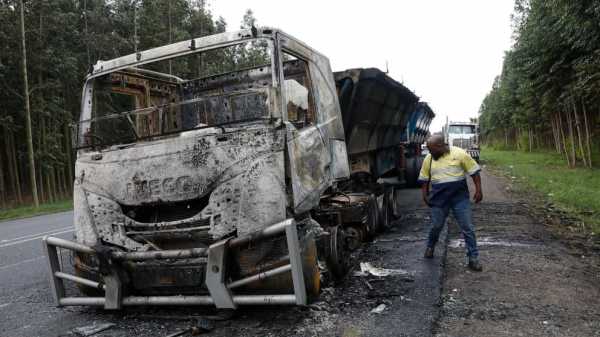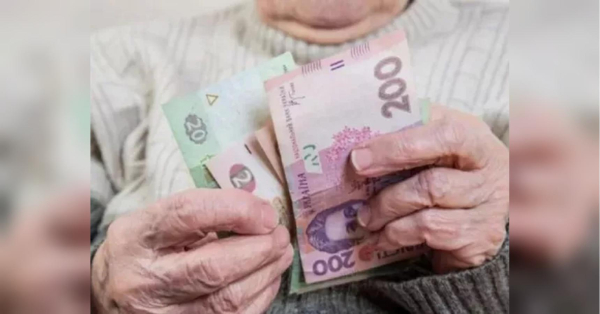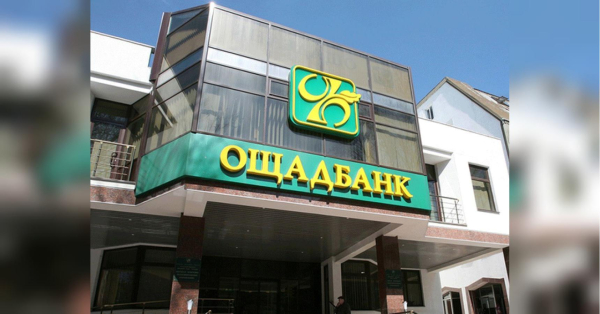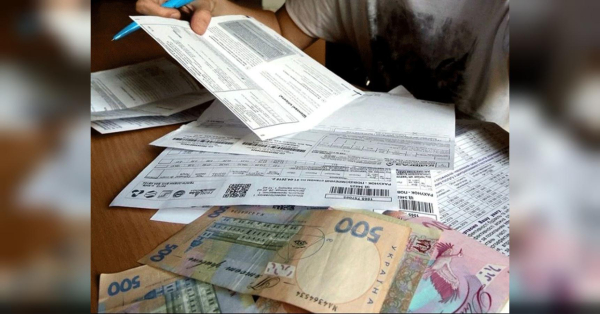
CAPE TOWN, South Africa — South Africa deployed the army in four of its provinces Friday after at least 21 trucks carrying goods were set on fire in various parts of the country in the span of five days. The move came amid concerns of more violent unrest over a court decision that could send former president Jacob Zuma back to jail, although authorities denied the two issues are connected.
The deployment of soldiers to support police in some parts of the country came a day after South Africa's apex Constitutional Court ruled that Zuma's early release from prison on medical parole in 2021 was invalid.
The Department of Corrections has not said if it will order Zuma back to jail to serve the remainder of a 15-month prison sentence for contempt of court, but his initial jailing two years ago sparked a week of violent protests that left more than 350 people dead in some of the worst violence South Africa had experienced in 30 years.
Police said they had no evidence that the torching of trucks was connected to the 2021 unrest or Zuma, but the decision in Zuma's court case clearly put the country on edge.
The truck burnings appear to have started on Sunday, the second anniversary of the start of the 2021 protests.
Zuma, 81, was not in South Africa and had traveled to Russia for medical treatment for an undisclosed illness, Mzwanele Manyi, a spokesperson for the former president, said in a statement Friday. Manyi gave no date for Zuma's return.
Authorities haven't established the motive for the truck attacks, nor if they are connected to each other as they took place in various parts of the country.
But Police Minister Bheki Cele said there is a possibility that the truck burnings are economic sabotage against South Africa and police are hunting for at least 12 people believed to be linked to the attacks.
In many instances, armed men have forced drivers out of their trucks and then set them alight in the middle of major roads, according to media reports.
“These are organised and sophisticated operations," Cele said in a statement released by the South African government's official news agency.
Authorities haven’t reported any deaths or serious injuries related to the torching of trucks.
Trucks have previously been burned in South Africa as a form of protest against the government for failing to provide basic services for people, although the number torched this week was unusually high.
Zuma's case was back in the headlines Thursday, when the Constitutional Court upheld a ruling that his early release from prison on medical parole was improper and the former leader should serve the remaining 13 months of his 15-month sentence.
With 2021 in mind, South Africa braced itself for more unrest over the decision. There was no sign of problems early Friday.
The 2021 riots shook Africa's most developed economy, seen as a bedrock of democracy on the continent. It was the worst instance of civil unrest since the end of apartheid in 1994, with authorities still investigating two years later who was behind what appeared to be an orchestrated attempt to unsettle the government.
The Department of Corrections hasn't said if it will order Zuma back to jail after his appeal failed or if the time he spent on medical parole will count as him having served his sentence. The department was studying Thursday's court ruling, it said.
Zuma spokesperson Manyi said the ex-president had served his time “inside and outside prison” and the court ruling was “just to anger people for no reason.”
Zuma is also on trial in a major corruption case related to an arms deal the South African government signed in the late 1990s, before he was president but when he was an influential politician on the rise.
Zuma was forced to resign as president in 2018 after a series of corruption allegations, but has been seen as central in a political faction allegedly working to undermine current President Cyril Ramaphosa, the man who replaced him as South Africa's leader and vowed to bring those guilty of graft to justice.
On Friday, soldiers were deployed in the northern provinces of Limpopo and Mpumalanga, the eastern province of KwaZulu-Natal where Zuma is from, and the central province of Free State. The army would support police in their response to the truck attacks, the South African Department of Defence said.
Cele said that 21 trucks had been burned down since Sunday in the Limpopo, Mpumalanga and KwaZulu-Natal provinces.
“No matter the motive, the country’s law enforcement remains on high alert,” Cele said.
Cele also said police continue to investigate the 2021 riots and are looking to make more arrests. At least 67 people have been arrested over what police call the insurrection two years ago that happened in the KwaZulu-Natal and Gauteng provinces.
“I wish to take this opportunity to allay any fears that what transpired in July 2021 will repeat itself,” Cele said. “We have a capable state that has learnt from the past. The security apparatus is working in unison and the security cluster is in a better state to respond to any eventuality.”
___
Magome reported from Johannesburg.
___
More AP Africa news: https://apnews.com/hub/africa
Sourse: abcnews.go.com






